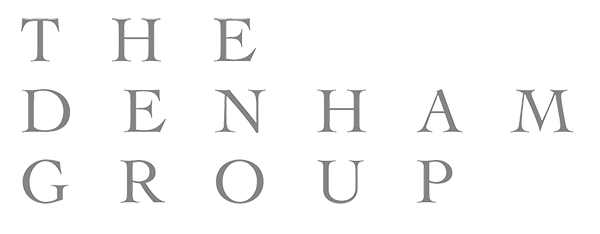
In an age when parenting books and blogs, therapists, behavioral modification specialists, shadows and family coaches are just a swipe away, it can be easy for parents to feel they have lost their status as “experts” when it comes to their children. As a mental health professional specializing in families and children, I often meet families in the midst of crises. In these moments, parents frequently feel like they are at the end of their rope. Despite having tried every suggestion from teachers, coaches, tutors, and pediatricians, they may still feel like nothing is working. The parent-child relationship more closely resembles that of mere strangers. This can leave parents feeling exhausted, defeated and insecure about their ability to parent their child.
How did we get here? Why have so many parents lost confidence in their parenting strengths? This lack of self-trust has created a dichotomy of “us” and “them”, leaving parents to feel at odds with professionals in their ability to know and help their children. Parents are left to scour the Internet and repeatedly call to get an appointment with the expectation that the professionals on the other end will tell them how to “fix” their children. When did we decide that children need to be “fixed”?
This anxiety proliferates among parents in metropolitan areas. From concerns over preschool, playdates, and social skills to a focus on balanced extracurricular exposure and college acceptances, it’s no wonder that many parents have moved from a place of trusting themselves and their children toward a goal of “perfection” for the sake of acceptance. When did we start predicting a child’s future success by their enrollment in early education programs or their placement on specific soccer teams? How many of us actually played soccer or even remember which preschool we attended? Are these credits one should have to post on their LinkedIn profile?
In my work with parents, my primary goal is to meet them where they are. From there we work as a team to help each parent understand themselves, their desires and triggers as a parent, their child, their relationship with their child and how this relationship can be used to foster a trusting bond. Such a bond can instill acceptance, confidence, and independence in the child. I believe it is best for parents to meet their child where they are (this process allows the child to feel the safety that comes with being seen and heard) while always keeping in mind that they are parenting a young adult. What will that child need in order to be a happy, responsible, independent and whole-functioning adult who experiences success based on their definition of it?
To be a parent is to be constantly modeling (teaching by example) while getting to know and help shape a magnificent human being in the process.The ultimate goal of parenthood is to embrace who your child is and support them in becoming who they are destined to be. Your being influences another’s. So listen to your gut, give yourself permission to be free, be fulfilled, be curious, inform yourself, and get support when you need it, but at the end of the day, I encourage all parents: TRUST YOURSELF!

Well said. Teach me more!
Thank you! I truly value your feedback. I am happy you found this blog to be helpful!
Amanda, this is really well written and beautifully presented. (I’m speaking as a professional editor here :-).) Thank you for your insights and wisdom today. Amy
Thank you for reading. I am happy that you found this blog to be helpful.